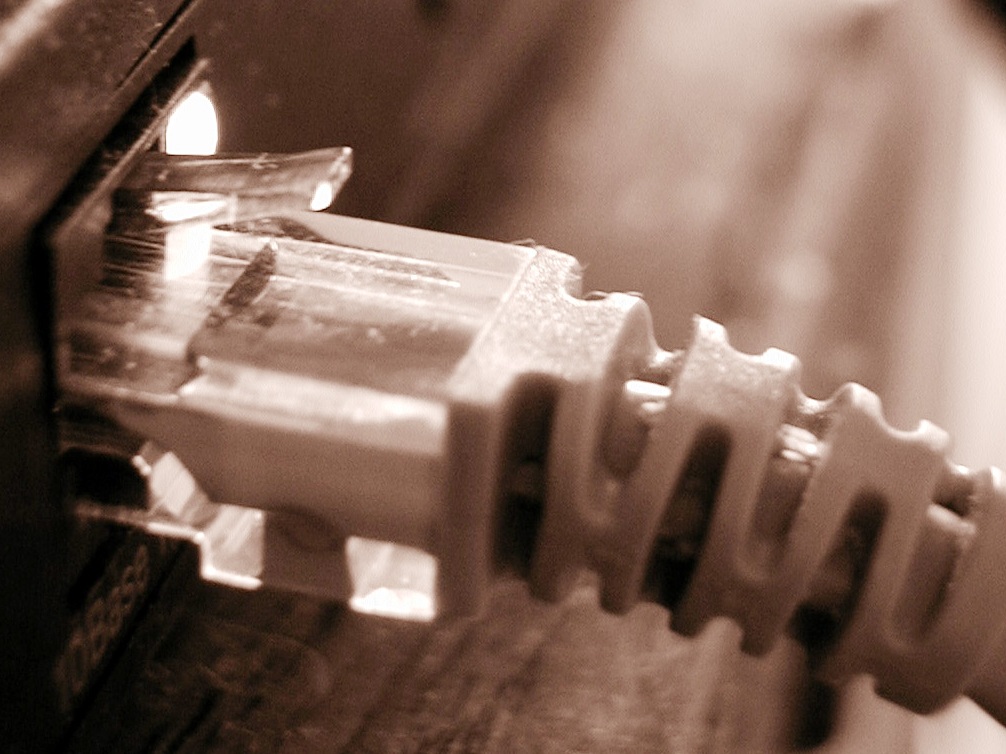Secret censors could cripple the internet
If we've nothing to fear, why are they hiding?

The Open Rights Group has published details of secret plans to censor the internet - plans which, if implemented, would probably see the ORG site booted off the net for copyright infringement.
The plans are being developed by a motley crew of organisations including the Football Association Premier League, the Publishers Association, BPI (British Recorded Music Industry) Limited, the Motion Picture Association and the Producers Alliance for Cinema and Television.
Only one group representing consumers has been allowed in - Consumer Focus - and that was only for the most recent meeting. CF has "serious concerns" [PDF]. So do we. As Consumer Focus points out, the plan is to make ISPs block allegedly offending sites within two hours.
The process, it seems, goes something like this:
BIG COMPANY: Oi! Judge! This website's made of villains and evil!
JUDGE: Blimey, what a well-researched and argued case, with lots of supporting evidence! Let's block it forever!
The leaked document says that "sound internet policy should encompass notions of accountability to incentivise private sector participants to take commercially reasonable steps, where available, to prevent or limit those harms that flow from the products or services they offer."
Sign up for breaking news, reviews, opinion, top tech deals, and more.
In other words, it's up to ISPs to block bad things. This week, bad things include MP3s and streaming football matches. Next week, who knows?
One-sided argument
There are several problems here. The first is that the discussions are secret, so we're not supposed to know who's there or what they're talking about.
The second is that the participants are almost all from one side of the argument, the sod-freedom-we've-got-profits-to-protect side. And the third is that blocking is a bloody stupid idea, especially if it involves permanent blocks with just two hours' notice.
Things are bad enough now - action against Lulzsec took Pinboard and Instapaper offline for no good reason and if lobbyists get their way, that's going to happen all the time. That was the FBI. Reckon the BPI will do a better job?
The proposals say that they would "give responsibility to rightsholders to initiate action where the evidence is that the sites in question are substantially focused on infringement of copyright." I'm willing to bet that the definition of "substantially focused on infringement" means "hosts an MP3, or maybe an illegal ePub".
The proposals say that censorship means there will be less need to target individuals, presumably because if they can shut down entire domains then nobody will be able to do anything worth suing over.
And everything will be overseen by a "council" and an "expert body" that, if the current discussions are representative, would consist of representatives from the copyright industries rather than consumer groups.
As Consumer Focus puts it: "we do not believe that it is appropriate for two non-judicial bodies to broadly interpret existing case law, effectively establish new copyright law, and direct the Applications Court to issue a permanent injunction, without a trial."
Consumer Focus is right. This is a scandal. You might like to write to your MP about it.

Contributor
Writer, broadcaster, musician and kitchen gadget obsessive Carrie Marshall has been writing about tech since 1998, contributing sage advice and odd opinions to all kinds of magazines and websites as well as writing more than twenty books. Her latest, a love letter to music titled Small Town Joy, is on sale now. She is the singer in spectacularly obscure Glaswegian rock band Unquiet Mind.